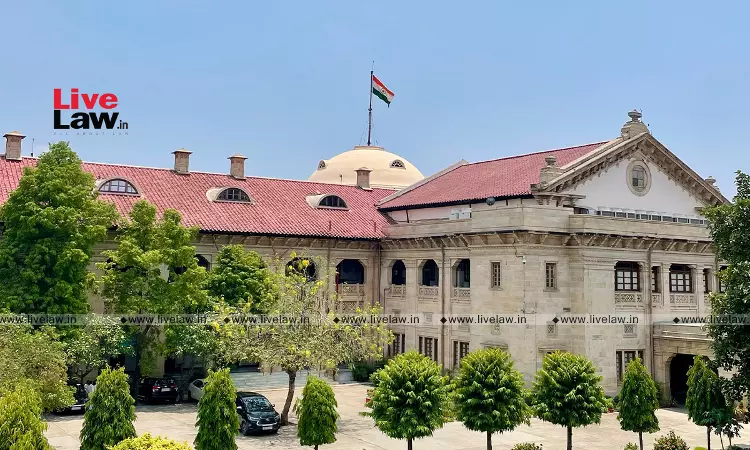Reversing Acquittal, Allahabad High Court Sentences 2 Men To Life Imprisonment In 1978 Murder Case
Sparsh Upadhyay
13 May 2024 5:49 PM IST

Next Story
13 May 2024 5:49 PM IST
The Allahabad High Court recently overturned the verdict of a trial court in Gorakhpur and sentenced two men to life imprisonment in connection with a 1978 murder case. The Court noted that the trial court had not examined the prosecution's evidence from the correct perspective regarding the two accused. A bench of Justice Rajiv Gupta and Justice Shiv Shanker Prasad concluded that...
